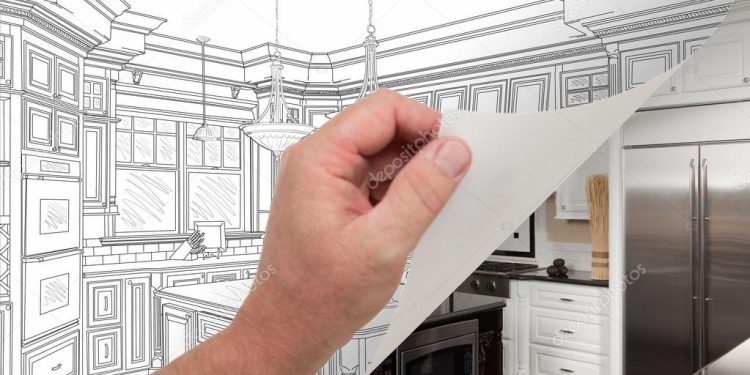You may have long heard about house flipping as one of the most profitable opportunities now in the real estate industry. By definition, house flipping refers to the process whereby a real estate investor purchases properties, usually houses, to flip them for profit.
In flipping homes, the reselling time frame is quite short. You buy the property for a low price, so you still have leeway to renovate it. After which, the house is then sold. The lesser time those homes stay in the real estate market, the better. This way, you can keep the hype and interest on the properties you’re selling.
With that in mind, here’s a guide to flipping homes that you should be aware of.
Find Real Estate Agents To Help You Sell Each Property
When you flip homes for a business, there’s a lot of work that already goes into the renovation part of it. When the time comes for you to sell, it may be a better idea to let the real estate agents such as iFlip Real Estate and other companies do their job. If you have a real estate agent license or you’ve got one in your team, then that’s when you can sell the properties by yourself.
Remember your goal is to get each property sold fast, so they won’t stay in the market for too long. There’s no better substitute to an agent’s expertise to ensure this goal of yours is met. The faster you can sell each home, the more profit you can potentially make. Don’t deprive your flipping business of that fast profit-earning opportunity.
You can also learn more about your opportunities to expand your flipping business by visiting ggmoneyonline.com and other sites.
Know The Neighborhood
Before you even get yourself started with house flipping, you have to get to know the neighborhood of each property you intend to purchase. This means studying the local real estate market. It’s only through this process of due diligence that you’ll be aware of the key standards and features buyers within the area are looking for in a home.
Also, getting to know the neighborhood can help you shape an informed decision as to whether or not the prospective home you’re planning to purchase to flip will be marketable. Remember it’s not just the house features that matter when trying to sell a home. There are other parameters too, such as whether or not the location or neighborhood has a good reputation if the location is easily accessible, and if the location is economically a good market.
Don’t Buy Homes With Damaged Mechanicals
Flipping homes necessarily entails buying damaged homes. Although, there’s a limit as to how far you can go with the damaged parts. Physical repairs surrounding the aesthetics are acceptable. However, if the damage relates to having outdated and broken electrical and plumbing systems, then that should be a no-go for you.
The reason for this goes back to the limit of your budget for repairs. Fixing up the entire electrical and plumbing system of a property can be costly. When you have to do those repairs, it means the selling price of the home after flipping would be significantly higher for you to also make a profit. This may hurt your property’s marketability.
To stay on the safe side, opt for those properties that won’t have you shelling out too much money. Focus on the small repairs that also have the biggest impact like a fresh coat of paint, wallpaper or backsplash, and new cabinetry.
Beef Up Your Skill Set
From 2021 moving forward, you should know how the real estate market is becoming even more competitive. Just because the skills you have now were able to get you through the past business years, this doesn’t mean the same may still hold. Hence, make it a point to periodically assess and beef up your skillset.
Attend training and seminars if you think you lack knowledge of construction. If you feel like your knowledge of the real estate market could be refreshed, then give yourself time to study online resources to bring yourself up to scratch, it is important to understand the terminology thrown around when it comes to finances so that you understand what your investment is doing. Going over a fix and flip loan glossary might also be beneficial if you are looking at using loans to fund acquisition of new properties, which is a common strategy used by investors in the current market.
Investing in your skills is still one of the best ways to ensure your house flipping business makes it a few steps ahead of the competition.
Takeaway
While it may sound quite straightforward, flipping homes isn’t as easy as it seems. Like any real estate endeavor, there are also dangers you have to be aware of. It’s only through awareness that you can be certain you’re going to profit on the property. This is the reason why you should never rush through house flipping. Get a grip on its ins and outs, so you can put yourself on a good start. Let the guide above walk you through the process.





